The Sedex Audit is a global ethical standard audit designed to guarantee labor, health and safety, environmental, and business ethics standards are upheld within companies.
Legal4sure is India’s most trusted SEDEX consultancy company. We have been guiding factories since 2015. We don’t just advise, we simplify compliance and prepare you for audits your buyers can trust.
Sedex an acronym for Supplier Ethical Data Exchange is a tool that assists organizations in enhancing company supply chain management and compliance with the best international practices on ethical principles. It is accomplished using the Sedex 4 Pillar Audit also, known as the Sedex Audit, which is an assessment of the company’s compliance to ethical standards on four facets.








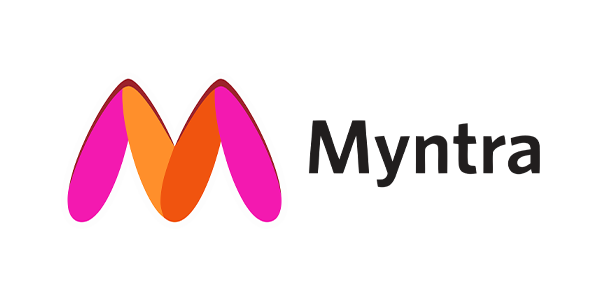






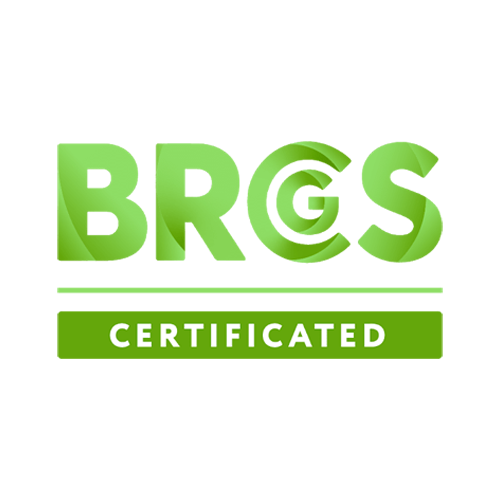
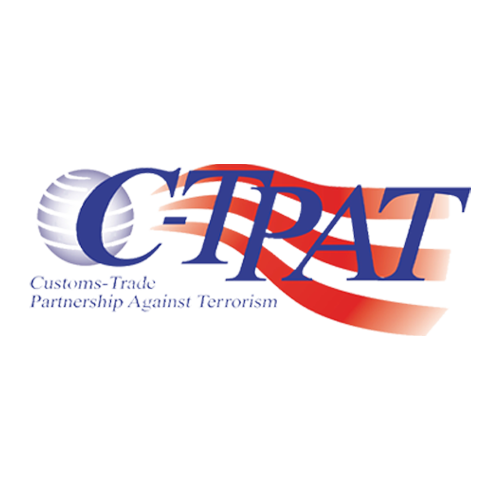





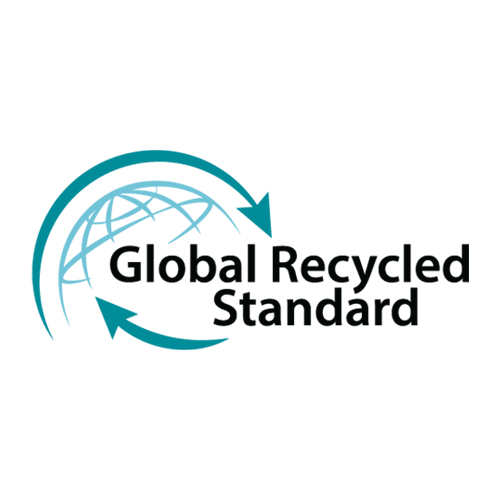
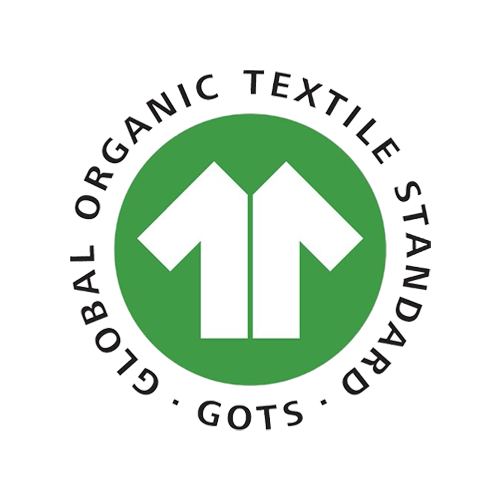

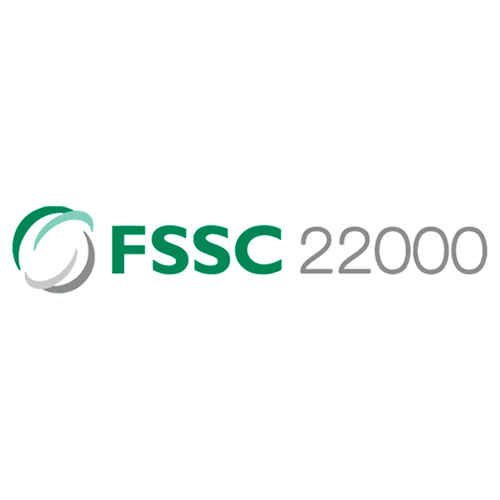




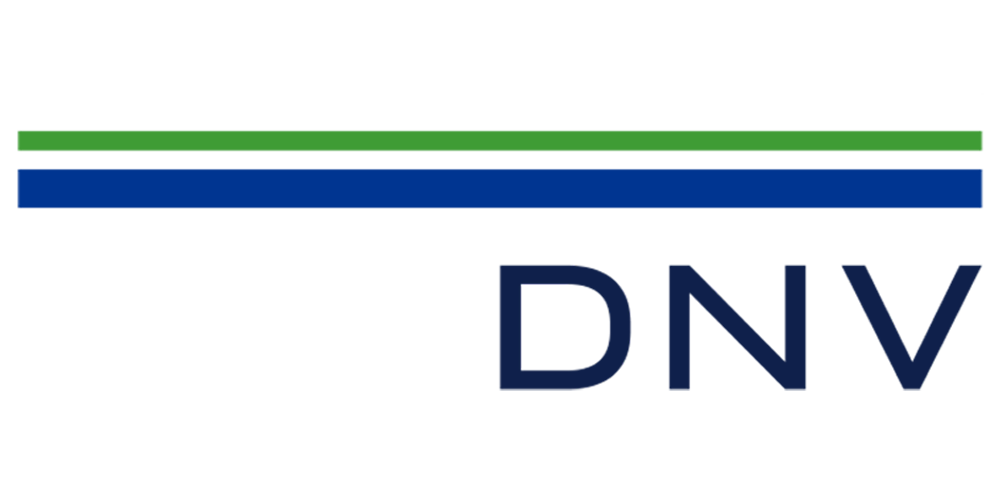
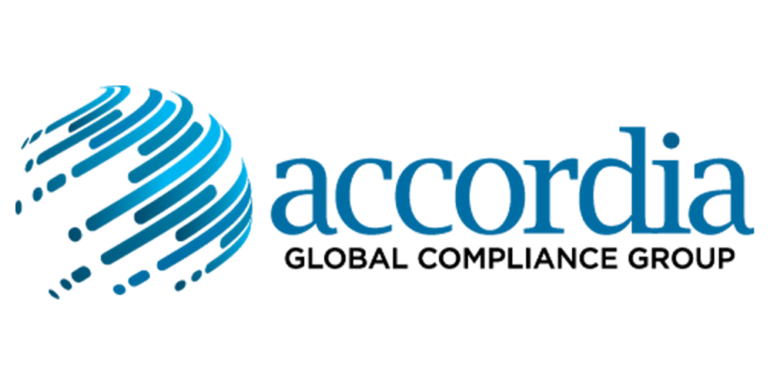
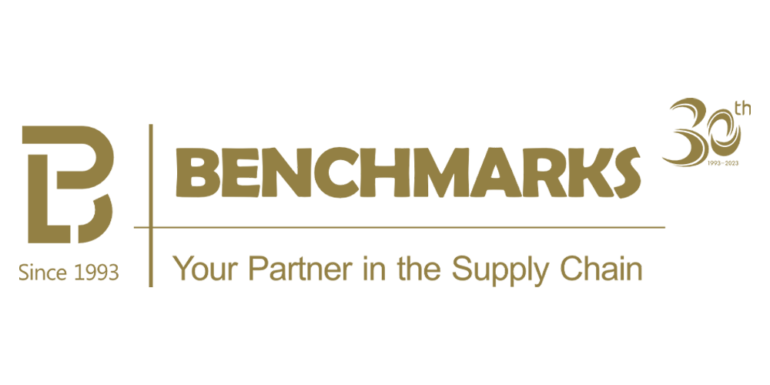

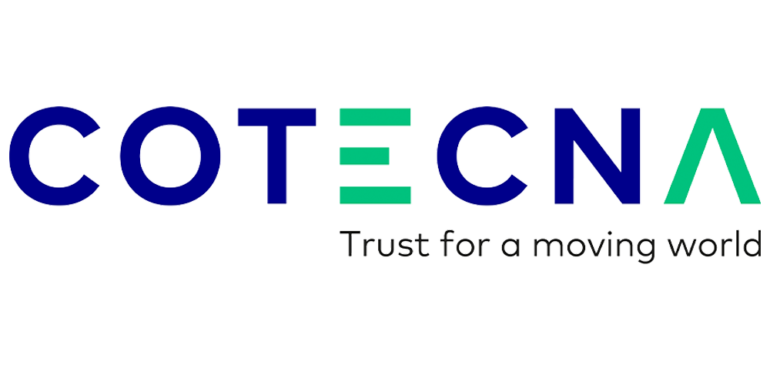
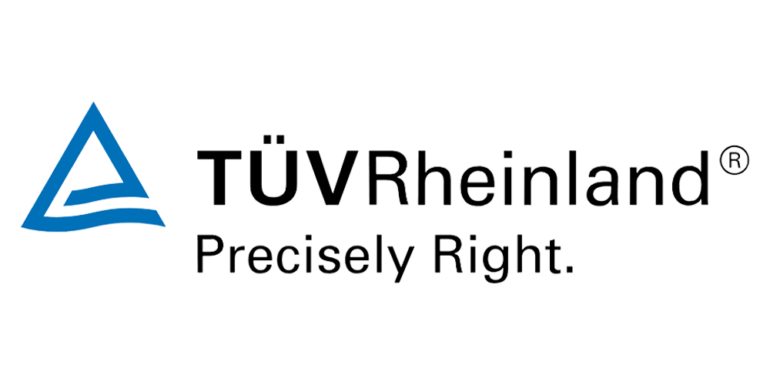
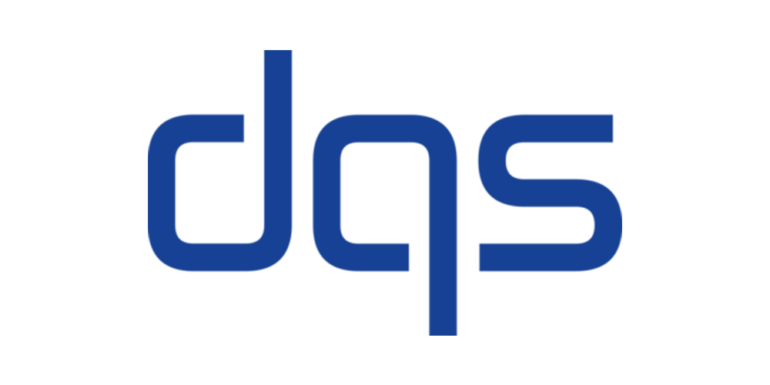
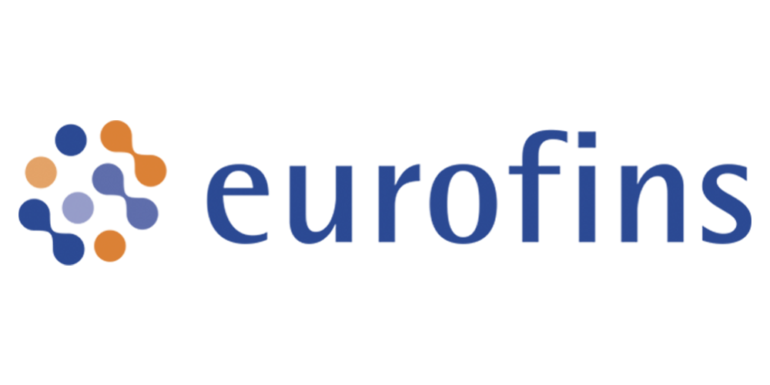
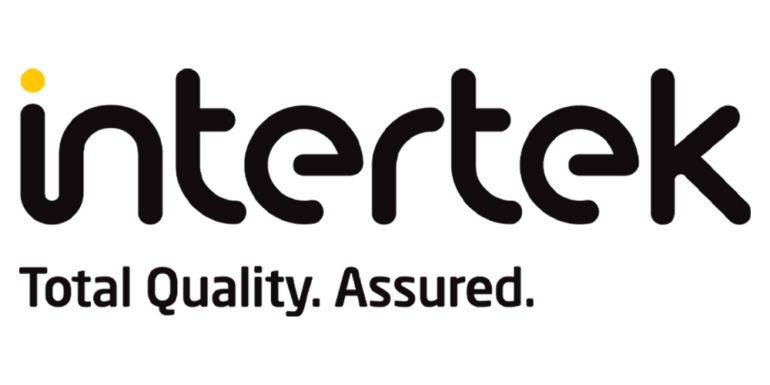
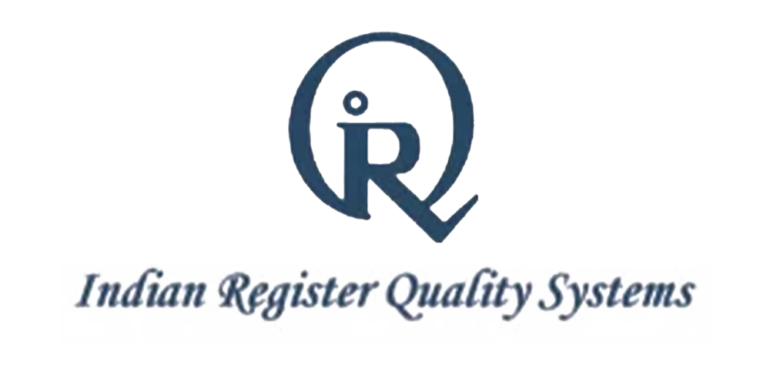
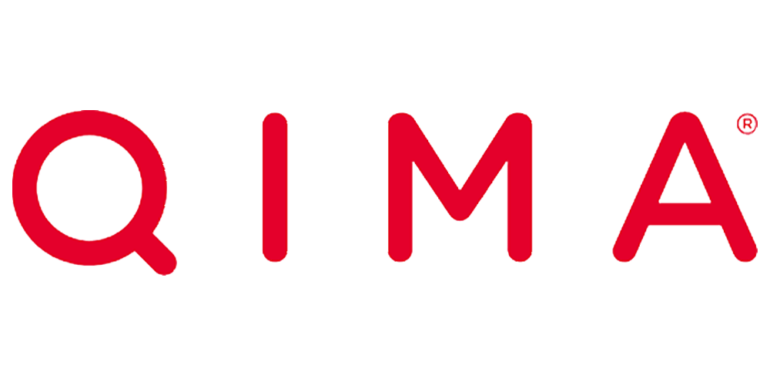
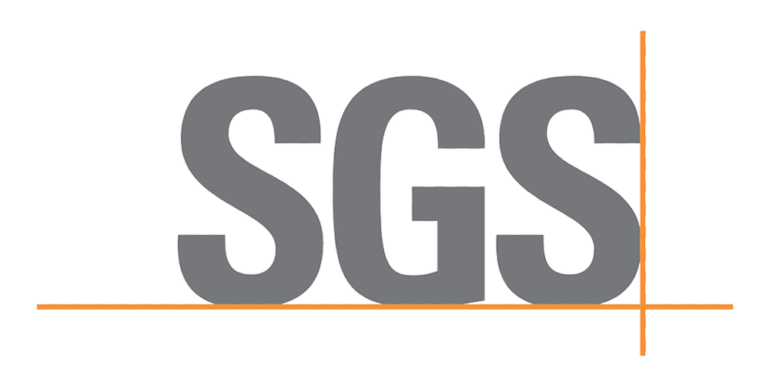
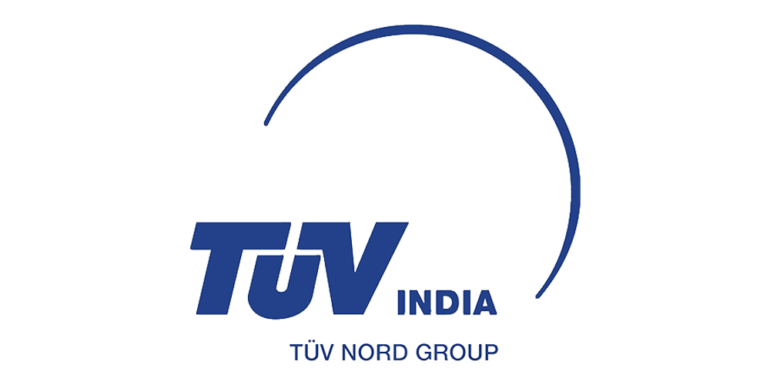
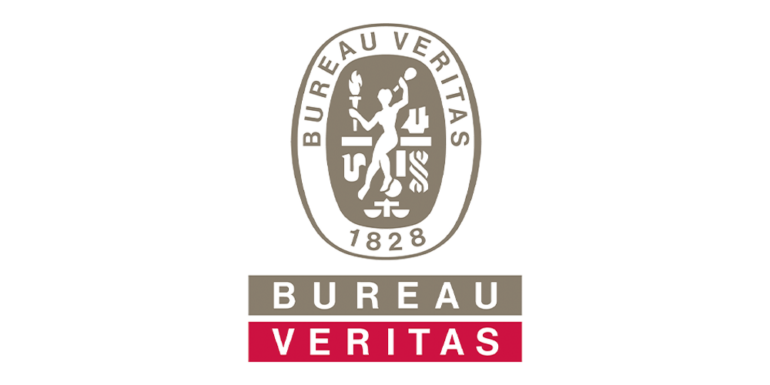
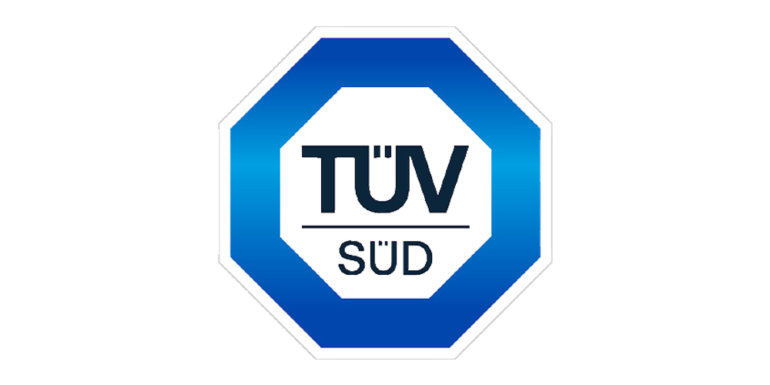
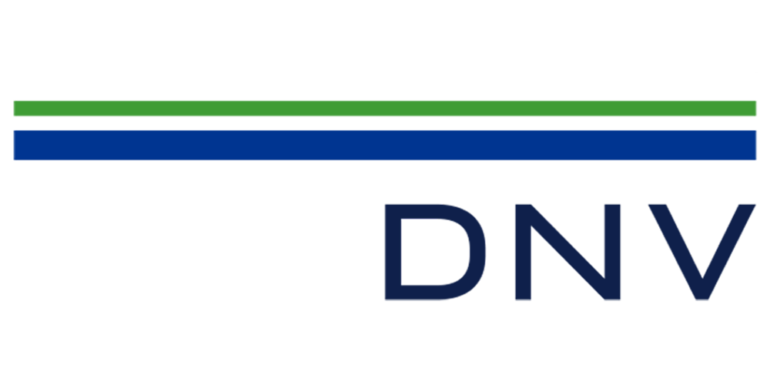














The Sedex 4-Pillar Audit is a comprehensive assessment that covers four areas: labor standards, health & safety, environment, and business ethics, helping companies uphold ethical practices across all critical areas.
A: Unlike the 2-Pillar Audit, which focuses only on labor and health & safety, the 4-Pillar Audit includes additional assessments on environmental practices and business ethics, providing a more holistic review.
A: This audit is valuable for businesses aiming to demonstrate commitment to responsible sourcing and transparency, covering all major aspects of ethical and sustainable operations.
A: The 4-Pillar Audit is suitable for companies across industries that want to show compliance with ethical standards in labor, health, environment, and business ethics, often required by clients in global supply chains.
A: Typically, Sedex 4-Pillar Audits are conducted annually or based on client requirements to ensure ongoing compliance with ethical standards in all four focus areas.
Your next step towards expert assistance is just a message away.
